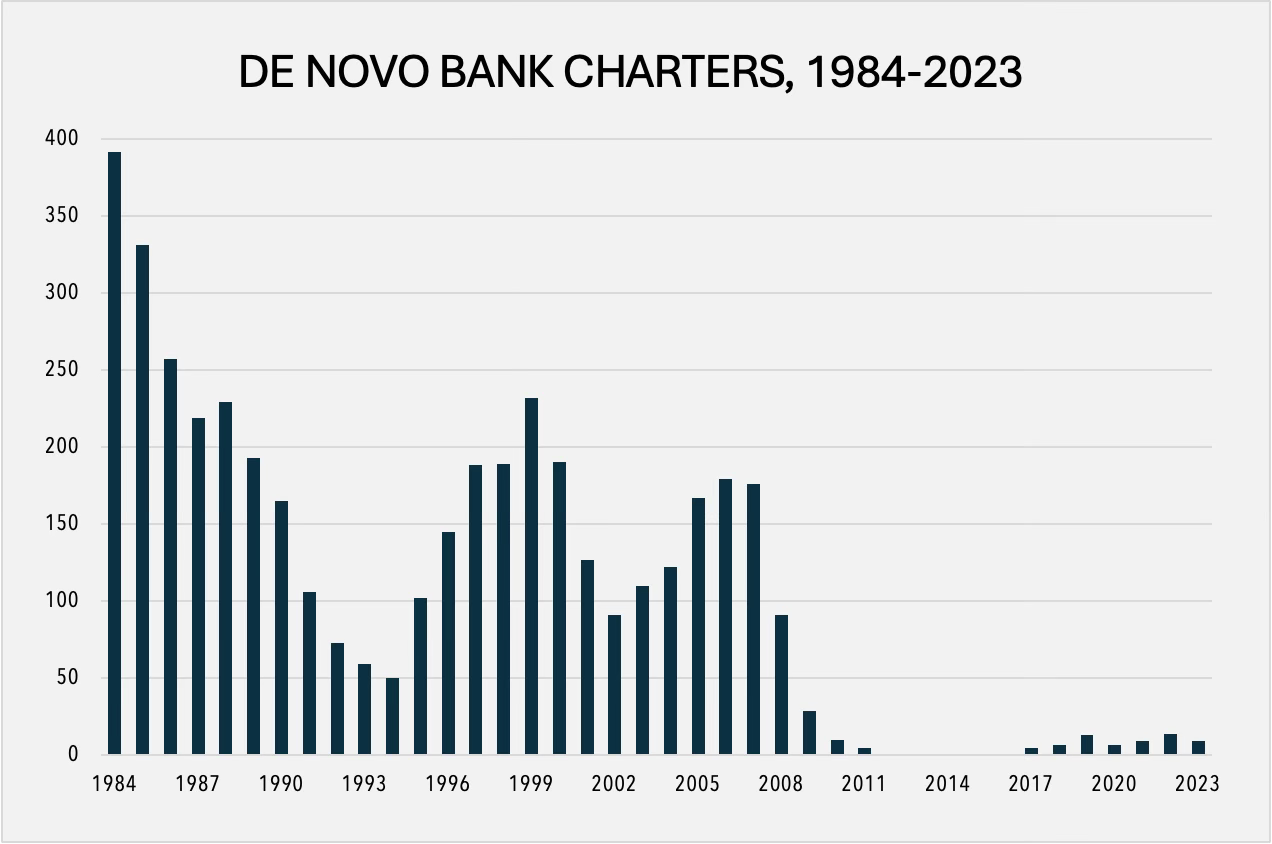Author’s Note: I want to offer my thanks to the readers for all of the positive comments and messages about my last two articles, The Insular Thanksgiving and Ben's Holiday Gift Guide. Longtime readers will know I sprinkle these atypical pieces in here and there amid the usual content about the economy, real estate, and statistical trends. If I had the bandwidth (i.e. time), I would write two separate weekly columns. The first would be the usual Sunday Morning Post fare. The second would be the more unique think-pieces and off-the-wall stuff. Today’s article is a little bit in between the two. To the bloc of readers who are here for discussion about real estate and the economy, don’t worry, there is plenty more of that to come in the weeks ahead. To everyone else, thank you for jumping with me week to week from topic to topic.

The Gender Gap and the Future of Dating
Everyone knows a couple who you can picture getting into the car together on Election Day, driving to their local polling station, going into their separate curtained booths, and canceling each other’s votes by voting for opposite candidates. They might then get back into the car and drive home to share lunch and maybe a game of cribbage.
But this is not necessarily the norm, especially these days. People more commonly end up in relationships (at least the long-term ones) with significant others who are pretty close to themselves politically. This is a practical question of not wanting to go through life with someone with whom you are in constant contention, but more importantly, of course, it is because our political values are not just political, but represent our personal values, world views, aspirations, worries, and fears. It makes sense that people would end up with people who think at least somewhat similarly to themselves, at least on the important stuff.
That is one reason why a particular statistic from this year’s election is worrisome: the gender gap between young male and female voters.
Overall, Trump and Harris’s percentage shares of male and female votes were almost mirror images of one another: Trump received approximately 54% of the male vote, and Harris received approximately 54% of the female vote. But if you break this down by age brackets, the gender gap was particularly stark in certain demographics including those under the age of 29. According to the Civics Center:
Women age 18-29 voted for Harris by a +24 margin, with 61% voting for Harris and 37% for Trump.
Men age 18-29 voted for Trump by a +2 margin, with 49% voting for Trump and 47% voting for Harris.
That is a lot of young men and women with diverging political views in the key age bracket where people start to pair off and settle down. The gap is even more notable when compared to the 2020 election, which saw:
Women age 18-29 voted for Biden by a +27 margin with 62% voting for Biden and 35% voting for Trump.
Men age 18-29 voted for Biden by a +5 margin with 52% voting for Biden and 46% voting for Trump.
I am oversimplifying the statistics here a bit (and also focusing a bit on female-male relationships), but the net of the gender gaps between 2020 and 2024 was that women voters were +26 points more likely to vote Harris in 2020 and +22 points more likely to vote Biden in 2020, so the gap has widened a bit in the last four years.
This is no doubt due at least in part to the Trump campaign’s overt appeals to younger male voters in 2024. Trump appeared on popular podcasts like the Joe Rogan Experience, the Full Send Podcast, and Bussin’ with the Boys, among others, and appealed to his version of traditional masculinity throughout the campaign. On Election Day, allies like Elon Musk tweeted direct appeals to male voters, saying, “The cavalry has arrived. Men are voting in record numbers. They now realize everything is at stake.”
So What?
Why does this all matter, you could say. A lot of young progressive women don’t want to be with a Trump-supporting Republican man anyway and those young MAGA men aren’t interested in being with a liberal Harris voter. Well, that is exactly the point: the dating pools are diverging from one another (at least for female-male matches; there are, of course, plenty of healthy relationships irrespective of politics between same-sex partners).
According to 2020 data from American Family Survey, 30% of American married couples are of mixed politics. But the majority of those matches are between a Democrat and an Independent or a Republican and an Independent, and that does not necessarily suggest stark contrasts in politics. But the percentage of marriages that are between a Democrat and a Republican? Just 4%!
Here is why it all matters: the growing gender gap in political preferences, particularly among young voters, is not just a statistical curiosity—it's a phenomenon with deeper implications for relationships and family formation. This growing divide creates a destabilizing effect on certain relationship structures. If political views increasingly become a marker for compatibility, then young people may find it more difficult to connect with others who align with their personal values. This is especially troubling given the importance of marriage and family in providing happiness, emotional stability, financial security, mutual care, and a sense of purpose.
When political differences are so pronounced, the search for a partner who shares not only similar interests but similar views can feel daunting if not impossible. When that is the case, it can lead both men and women to feel not just lonely but also bitter. Bitterness leads to resentment, which can sometimes lead to a further entrenchment of one’s own political values. If people see the world as against them, or feel like they cannot access a certain pillar of the American Dream (i.e. marriage and a fulfilling, stable family life), it could lead to lack of stability in their own lives and even broader destabilization for society. This poses a challenge, not just to the romantic lives of young people but to the broader fabric of America.
What To Do?
So, what can be done about this growing divide? The first step is to recognize that our political identities don’t fully define us. People are multifaceted, and a person's values, aspirations, and worldviews go far beyond their vote. While politics may be a window into someone's mindset, it's not the entire picture. By choosing to engage more holistically with potential partners—and not dismissing someone solely based on their political leanings—we open the door to more meaningful connections. An open mind also prevents people from seeing each other as caricatures or stereotypes of what we believe members of the opposite party to be.
But this diverging of political views in a key age range between women and men is part of a broader question about the challenges young people have in the current dating market. Whether it is growing up with a reliance on screens in lieu of traditional face-to-face interactions or the loss of social skills due to pandemic isolation, young people are more reluctant to enter into long-term relationships including marriage than those of previous generations. If you believe that marriage (and long-term relationships similar to marriage) are healthy for people and also good for society, the deterioration of this traditional step in life spells bad news.
The challenges are likely felt the most right now by Democratic young women, who outnumber Democratic young men, and Republican men, who outnumber (by a stronger margin) young Republican women.
I suspect part the solution over time is that the two political parties will, for the sake of their own electoral success, need to find ways to appeal to the particular gender that they are weaker with currently. That means Democrats need to find ways to better connect with young men, and Republicans will need to better appeal to young women. That may take at least one electoral cycle or more, but perhaps a better equilibrium will help balance out the dating pool.
Otherwise, rates of marriage are likely to drop. There is already evidence that young people do not feel as strongly about marriage as those in previous generation, although whether this gender divide in politics is a causal connection or merely correlated requires more thought.
Ben Sprague lives and works in Bangor, Maine as a Senior V.P./Commercial Lending Officer for Damariscotta-based First National Bank. He previously worked as an investment advisor and graduated from Harvard University in 2006. Ben can be reached at ben.sprague@thefirst.com or bsprague1@gmail.com.
The Sunday Morning Post is always free, never pay-walled, and contains no ads. To learn how you can support this work and keep these articles free from clutter, become a paid supporter here or click to read more here.
The Smartest Thing I Heard This Week
(Beta testing a new segment!)
“If you wait to advance someone until they are 100% ready, it is too late.”
This thought was shared by Jackson Lab CEO Lon Cardon at this past week’s MaineBiz 60 Ideas in 60 Minutes event. It resonated with me from the perspective of managing and coaching employees. When hiring or promoting, we always want fully-formed, risk-free employees who will contribute their talents and energy from Day One. But sometimes you’ve got give someone a try who shows promise and then coach them up. The opposite, which would be not advancing someone until they have learned every skill they need for the next position, risks stagnating them, losing them to a different organization, or simply missing out on their talents by holding them back in a sub-optimal position for too long.
Weekly Round-Up
Here are a few other things that caught my eye this week:
I saw the chart below on the X account of Maxfield on Banks. I don’t have a deeper source on it, but intuitively it feels valid/accurate. I wonder why so few banks formed after the Great Recession. Not only have their been fewer new banks, but there has also been great consolidation of existing banks. I would like to research this more.
Via Elizabeth Grace Saunders in the Harvard Business Review, an article entitled, “9 Ways to Say No to Busywork and Unrealistic Deadlines.” Key line: “Saying no to time commitments that don’t align with your priorities or needs can lead to a small amount of initial discomfort but save you hours of time in the end.”
A research paper by David Fang, Eileen Zhang, and Sam Maglio found that abbreviations in text messages lead to disengagement. Read the summary here. Key line:
Texting abbreviations are routinely used by a majority (90.1%) of texters, yet their consequences on interpersonal communication remain underexplored. Through eight studies using mixed methods (N = 5,306), we provide evidence that texting abbreviations can negatively impact perceptions of sincerity and the likelihood of receiving a response from the other texter due to perceptions of lower effort.
Have a great week, everybody!





I think you nail it with this comment Ben: "Whether it is growing up with a reliance on screens in lieu of traditional face-to-face interactions or the loss of social skills due to pandemic isolation, young people are more reluctant to enter into long-term relationships including marriage than those of previous generations."
It's observed that children in orphanages are more empathic towards others. Children with parents are more socially isolated in single purpose dormitory suburbs and the decline in the birth rate means that they are unlikely to find playmates locally and may well be prevented by anxious parents, and more so with anxious single parents, from looking for them because the street can be a dangerous place. Females may be more empathic, males less so. And males that are not socialized via childhood contact with other males even less likely to be empathic. I think this shows up in your prison system.